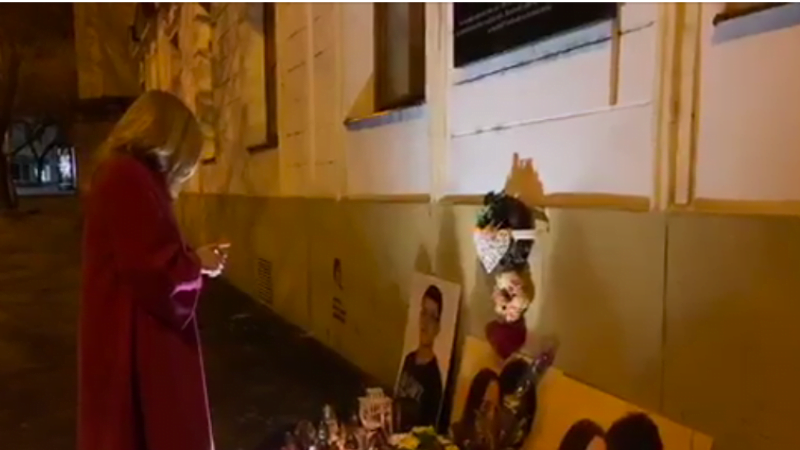“We cannot defend our values without the rule of law, which in turn requires strong institutions, active citizens, as well as political leaders who abide by the rule of law themselves and protect it,” according to Slovak President Zuzana Čaputová.
Čaputová was elected as Slovakia’s Head of State last year, one year after the 2018 murder of journalist Jan Kuciak and his fiancee Martina Kušnírová, with almost 60% of votes with her campaign slogan “stand up to evil”. Čaputová had also campaigned to fight corruption and environmental destruction.
Speaking at the Munich Security Conference on Monday, Čaputová said she was coming from a region where judged by numbers alone, the citizens live better than they ever have economically, with low unemployment levels.
Taking this into consideration, she said that despite the improvement of standards of living, standards of democracy somehow seem to be forgotten. “Why can we protect our economies but lack the same determination to defend our values?” she asked.
Political responsibility manifested itself on three levels – first being the responsibility to set the rules. Čaputová emphasised the need for the judiciary to be able to stand on two pillars; independence and personal accountability. “One pillar must reinforce and not endanger the other,” she said.
The second aspect of a leader’s responsibility is personal or moral, implying a voluntary limitation of power through separation and checks and balances. “Power is by default expansive…it requires the ability of the leaders to resist the temptations of power and to foster respect for the rules,” she said.
The third level of political leaders’ responsibility was towards society. Political leaders had a responsibility to call out and reject all forms of extremism and radicalism, to call out lies and manipulation wrapped in an empty promise.
“Respect for the truth is the essence of the rule of law…we must protect societies from false statements if these violate our fundamental rights. What we learned about our climate applies elsewhere too: short-term benefits can inflict irreparable damage on future generations. This is why we must promote and protect key ingredients of a healthy democracy: independent media and civil society,” Čaputová said.
She concluded her speech by saying that Europe’s strength was in the joint determination to protect freedom, democracy, and mutual respect, in the commitment to personal and political integrity and the shared understanding that the rule of law “must remain untouchable”.
Čaputová had joined tens of thousands of other anti-government protesters after Kuciak was gunned down alongside his fiancee in February 2018. One of the first things she did was visit the shrine for Kuciak and his fiancee to light a candle, in stark contrast to Malta where the government was clearing the protest memorial for Daphne Caruana Galizia on almost a daily basis.
Four people are currently on trial in connection with the murders – businessman Marian Kočner, his close associate Alena Zsuzsová, and the two hired assassins Miroslav Macek and Tomáš Szabó.
In the last session of the trial on 22 January, Miroslav Kriak, one of the men hired to follow Ján Kuciak and other journalists, testified and said he was hired by former chief of Slovak counterintelligence Peter Toth in a spying operation that supposed to cost 130,000 euro.
Kriak had taken several photographs of Kuciak, which now form part of the evidence presented in the trial against Kocner and his alleged gang. The pictures might have been used to give the murderers more information about the daily routine of Jan Kuciak.
The police have a separate case open regarding the surveillance of journalists in 2017-2018.
The killings had sparked large-scale protests across Slovakia, and in 17 other cities around the world. Slovak Prime Minister Robert Fico and his government resigned en masse after allegations surfaced that they were either complicit or negligent in the deaths.













